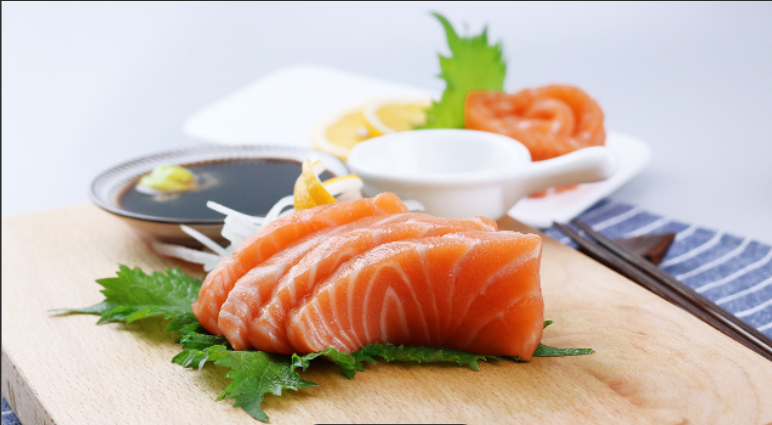What do suppliers, processors say about salmon's big price hike? For more information on export to China, please call SINOLOBEN, service Email: sinoloben@sloben.com

The recent surge in salmon prices has been met with mixed opinions from the industry.
Since the second quarter, global salmon prices have continued to rise, especially in the week after Easter, when Norwegian prices saw a rare spike, with offers rising to NOK 135/kg in week 17, up NOK 25/kg from a week ago.
The future market and price trend of salmon has also become an important topic at this year's Barcelona show. For producers, the price increase will undoubtedly bring lucrative profits, but downstream processors and importers will have to pass on the cost to consumers, and the sustainability of the market will become a new issue.
Cooke Aquaculture (Canada): The new normal for salmon prices, production will not grow in the short term
Glenn Cooke, CEO of Cooke Aquaculture, told UCN: "Salmon prices are going to be 20% higher than normal in the foreseeable future, which is what I would call a 'price reset' (Reset)."
"I'm not saying that prices are going to stay at the same peak position they are today, but it's certainly a new normal with prices being quite a bit higher, maybe 20 percent, compared to the '18, '19, '20 market. I expect salmon prices to remain at higher levels for a while longer, and we're going to see strong demand growth and a lack of supply growth. It's not going to be a few years of increased production in Chile and some other countries, and we won't see production growth until 2024 at the earliest."
"In terms of market pricing, salmon is not keeping pace with some other proteins. Demand is performing strongly, more and more consumers are trying to cook at home, retail grew strongly during the outbreak and the restaurant industry reopened after the outbreak, so demand started to show a jump in growth, in contrast to a very slow growth in global production. I'd say it's a price reset and the future is going to be much higher than the traditional prices of the last few years."
Cermaq: Customers are already losing money and current prices are unsustainable
Arild Aakre, global marketing director for Cermaq, the world's second-largest salmon producer, said, "Our customers have lost a lot of money, so we think the current prices may not last long, but market conditions are very variable, so who knows what else will happen? Obviously it's only a matter of time before prices fall when supply increases. July or August will be the peak of the Norwegian catch and prices will fall at that time, depending on how much production increases."
"The current prices are not sustainable and we expect them to be stronger in the first half of the year, but not at the level they are now. Prices are still rising after Easter (April 17), which has never happened before in history, and the fact is that supply did decrease, and the week of Easter was 60% less than last year." Aakre said.
The post-Easter price increase came as a surprise to everyone," said Steven Rafferty, CEO of Semak. Once the price increase is passed on to the consumer, you can imagine that demand will be impacted somewhat. We are very much focused on the long-term growth of our business rather than focusing on monthly results, and while Norwegian farming is making a lot of money right now, it is not sustainable."
"Saimark has no plans to develop value-added processing downstream, we tend to stick to the farming sector to secure core competencies, so we have no plans to develop value-added products." Rafferty said.
Polish processor Milarex: The market is so challenging that we have to raise prices
Thomas Farstad, CEO of Milarex: "Obviously, for processors, raw material prices are very challenging now. The market is always changing and prices are likely to go higher, to what extent, no one knows."
"We have no choice but to pass it on to our customers, because no one else wants to pay for it. All market prices have gone up, and we are not complaining about it with our customers. Customers are of course unhappy, but they also have to understand that they have to accept whatever the market does because that is the only way to ensure the sustainability of the supply chain."
"In some markets we have raised prices three times this year, in some markets we have only raised prices once this year, and now the second round of price increases is about to start." Farstad said, "At this particular time, farming companies need to start working more with processors. Buyers will be more concerned about security of supply in future periods, so the contract market will be more attractive than spot trading."
Consulting service for China's imports & exports, please contact us.
Ms. Linda Li
0086(0)21 3538 3306
sinoloben@thecustoms.com.cn
As food importer & food distributor based in Frankfurt and Shanghai, Sinoloben Europa Trading GmbH helps client export to China and bring your food products to International Expo, e.g. China International Import Ex
热品推荐